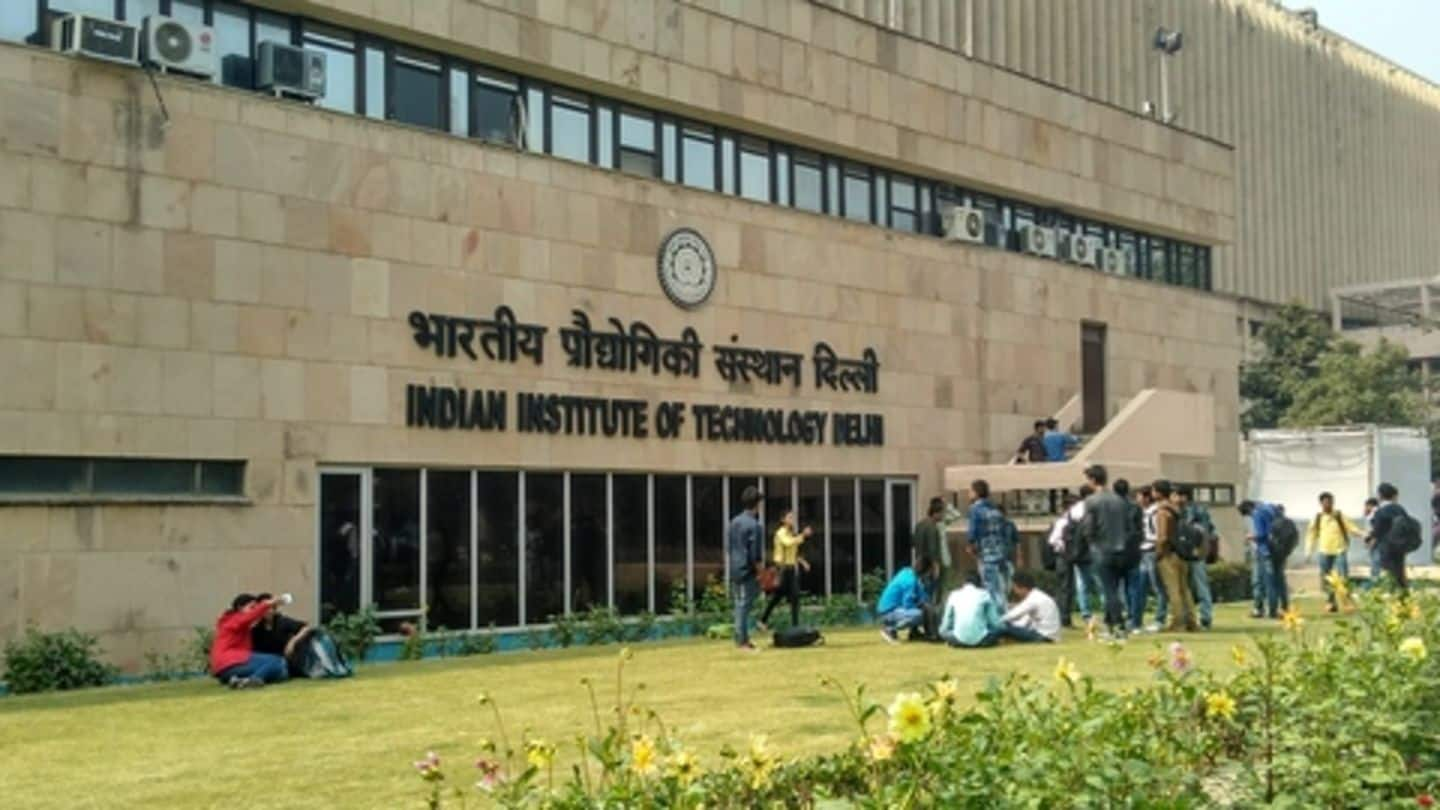
IIT-Delhi students propose using 'cow dung logs' for funerals
What's the story
In a bid to combat air pollution and reduce deforestation, a group of 40 students from IIT-Delhi have come up with an alternative to using wooden logs for cremations. Their solution? To use 'cow dung logs' instead. The students hope that some day soon their 'cow dung logs' will replace wood used during cremations in Delhi crematoriums. Here are the details.
The problem
What drove the students to come up with a solution
Arth, an initiative by Enactus IIT-D, was undertaken by the students after they found out that each of India's seven million annual cremations require around 400kg of wood, and that as many as 50 cremations using wood take place at Delhi's Nigambodh Ghat at times. At the same time, they also found that nearby dairies and gaushalas were having troubles disposing of cow dung.
The solution
How the IIT-Delhi students made cow dung logs
The students thus set out to solve both problems in one go. The team developed a prototype drying machine for cow dung that uses the 'greenhouse' principle to take its inside temperature up to 50 degrees Celsius. Once the cow dung is dried, it is passed through a log-making machine to make the cow dung logs. Then, they tested their innovative alternative.
Testing
Tests using the cow dung logs showed positive results
The tests were held last December when the team used the cow dung logs during the cremation of an unclaimed body at Delhi's Nigambodh Ghat. The test results were positive - there was observably less pollution, and the cremation process was smooth. Currently, the team is working on manufacturing a machine that can help create cow dung logs at scale.
Quote
Cow dung logs are viable and are not religiously problematic
Commenting on the IIT-Delhi students' solution, Awadesh Sharma, who is in charge of the Nigambodh Ghat said that the cow dung logs "could become a viable option in the coming future". He added that there would be no religious backlash, as cow dung has been used in Indian funerals for centuries.